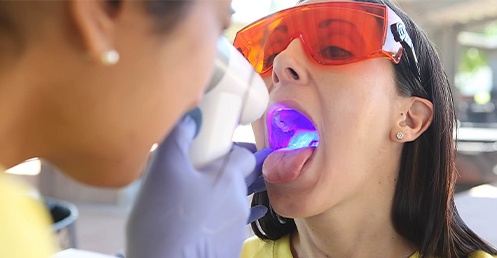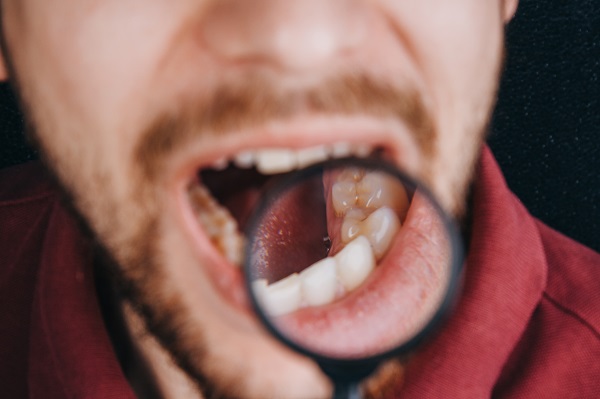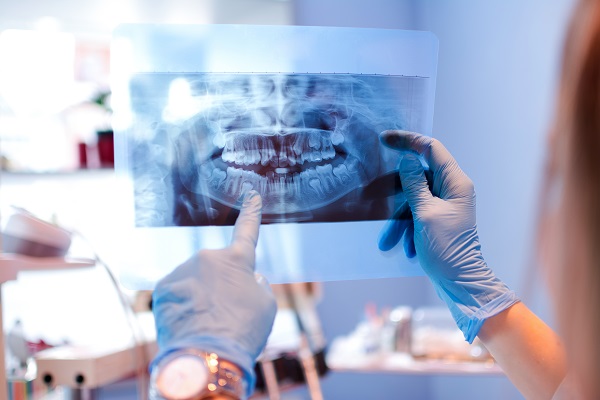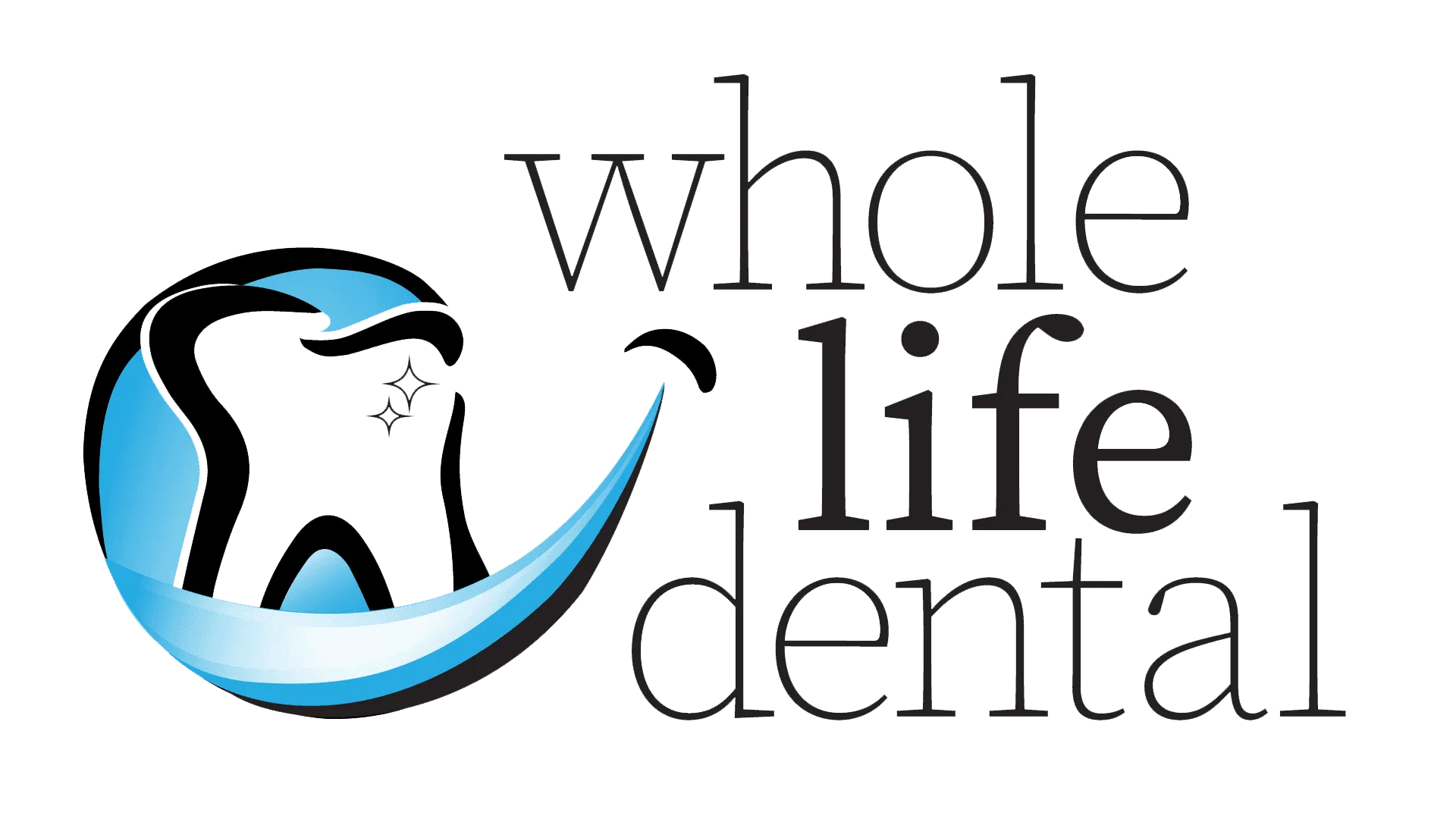Oral cancer is a type of cancer that affects the mouth and throat area. It can develop in various parts, including the lips, tongue, cheeks, gums, and roof or floor of the mouth. Like other forms of cancer, oral cancer occurs when cells begin to grow uncontrollably and invade surrounding tissues.
Early detection is key when it comes to treating oral cancer successfully. Regular screenings can help identify any abnormalities at an early stage before they have a chance to progress into something more serious. By catching potential issues early through routine screenings by the dentist along with self-examinations at home, you give yourself every opportunity for effective treatment options if needed down the line.

Understanding Oral Cancer Screening
Oral cancer screening refers to the process of examining the mouth and throat for signs of oral cancer, which can include any abnormal growths or sores. This screening is typically performed by a dentist or dental professional during a routine dental checkup.
It's important to note that oral cancer screening does not provide a definitive diagnosis. If anything suspicious is found during the examination, further tests such as biopsies may be recommended to confirm whether it is indeed cancerous.
Importance of Early Detection and Screening
Early detection is crucial when it comes to oral cancer. This deadly disease can often go unnoticed in its initial stages, making it even more important to undergo regular screenings. By detecting oral cancer early, the chances of successful treatment and a positive outcome significantly increase.
One of the main reasons why early detection is so vital is because oral cancer can spread rapidly if left untreated. Without proper screening, the cancer cells may grow and multiply, invading nearby tissues and potentially spreading to other parts of the body.
Regular screenings not only help identify any signs or symptoms of oral cancer but also allow for prompt intervention. When detected early, treatment options are generally less invasive and have higher success rates. This means that individuals diagnosed with oral cancer at its early stages have a better chance of overcoming this disease.
Undergoing regular screenings enables dentists to monitor any changes in your mouth over time. They can keep track of any suspicious growths or lesions that might develop and take appropriate action immediately.

Common Risk Factors for Oral Cancer
By understanding these common risk factors, you can take steps to reduce your chances of developing oral cancer.
One of the most significant risk factors for oral cancer is tobacco use. Whether it's smoking cigarettes or using smokeless tobacco products like chewing tobacco or snuff, all forms of tobacco use greatly increase your risk of developing oral cancer. The harmful chemicals in tobacco can damage the cells in your mouth and lead to the development of cancerous growths.
Another major risk factor for oral cancer is excessive alcohol consumption. Heavy drinkers are more likely to develop oral cancers than non-drinkers or moderate drinkers. Alcohol weakens your body's natural defenses and makes it easier for harmful substances to damage your mouth tissues.
Human papillomavirus (HPV) infection has also been linked to an increased risk of oral cancer. HPV is a sexually transmitted infection that can affect both men and women. It's important to practice safe sex and get vaccinated against HPV if possible.
Other notable risk factors include a family history of oral cancer, poor diet and nutrition, prolonged sun exposure on the lips, chronic irritation from ill-fitting dentures or rough teeth surfaces, and a weakened immune system due to certain medical conditions or medications.
While having one or more risk factors doesn't necessarily mean you will develop oral cancer, it's essential to be aware of them so you can make informed choices about your lifestyle habits and take necessary precautions.
What to Expect During an Oral Cancer Screening
You may be wondering what to expect during an oral cancer screening. It's natural to feel a bit apprehensive about any medical procedure. But rest assured, the process is typically quick and painless.
While performing an oral cancer screening, the dentist will carefully examine your lips, tongue, gums, roof, and floor of your mouth, as well as the back of your throat. They may also feel for any lumps or irregularities in these areas.
The purpose of this screening is to detect early signs of oral cancer that may not be visible to the naked eye. Early detection is crucial because it greatly increases the chances of successful treatment and recovery.

Benefits of Regular Oral Cancer Screenings
Regular oral cancer screenings offer several benefits that can potentially save lives.
One of the main advantages is early detection, which increases the chances of successful treatment and improves overall prognosis. By identifying any abnormalities or suspicious lesions in their early stages, healthcare professionals can intervene promptly and initiate appropriate management strategies.
Another benefit of regular oral cancer screenings is peace of mind. Knowing that you are taking proactive steps to monitor your oral health can alleviate anxiety and provide reassurance about your well-being. It allows you to be more aware of any changes in your mouth, such as unusual lumps or persistent sores, which may prompt further investigation.
Regular screenings promote better oral hygiene practices. When individuals are aware of the importance of maintaining good oral health and detecting potential issues early on, they are more motivated to adopt healthy habits such as brushing and flossing regularly, quitting smoking if applicable, and reducing alcohol consumption — all known risk factors for developing oral cancer.
Regular screenings also contribute to public health efforts by supporting research studies aimed at improving our understanding of this disease. By participating in regular screenings, individuals become part of a larger effort to gather data on prevalence rates, risk factors, and outcomes and ultimately contribute valuable information for future prevention strategies.
Frequently Asked Questions
1. Who is at risk for developing oral cancer?
While anyone can develop oral cancer, certain risk factors increase the likelihood. Tobacco use (including smoking and smokeless tobacco), excessive alcohol consumption, sun exposure to the lips without protection, a history of HPV infection, poor diet and nutrition, and a weakened immune system are some common risk factors associated with oral cancer.
2. How often should I undergo an oral cancer screening?
The frequency of screenings may depend on your individual risk factors and medical history. However, it is generally recommended to have regular screenings every six months during dental checkups. Your dentist will evaluate your specific needs and provide guidance on how often you should schedule screenings.
3. Is an oral cancer screening painful?
No. An oral cancer screening is typically painless and non-invasive. During the examination, the dentist will visually inspect your mouth for any abnormalities and may use additional tools, such as lights or dyes, to aid in detection. If any suspicious areas are found, further tests like biopsies may be recommended.
So don't delay – prioritize your dental health today by scheduling an appointment for an oral cancer screening. Your future self will thank you for it!
Visit Our Office
Office Hours
- MON - THU8:30 am - 5:00 pm
- FRIBy appointments only
- SAT - SUNClosed
